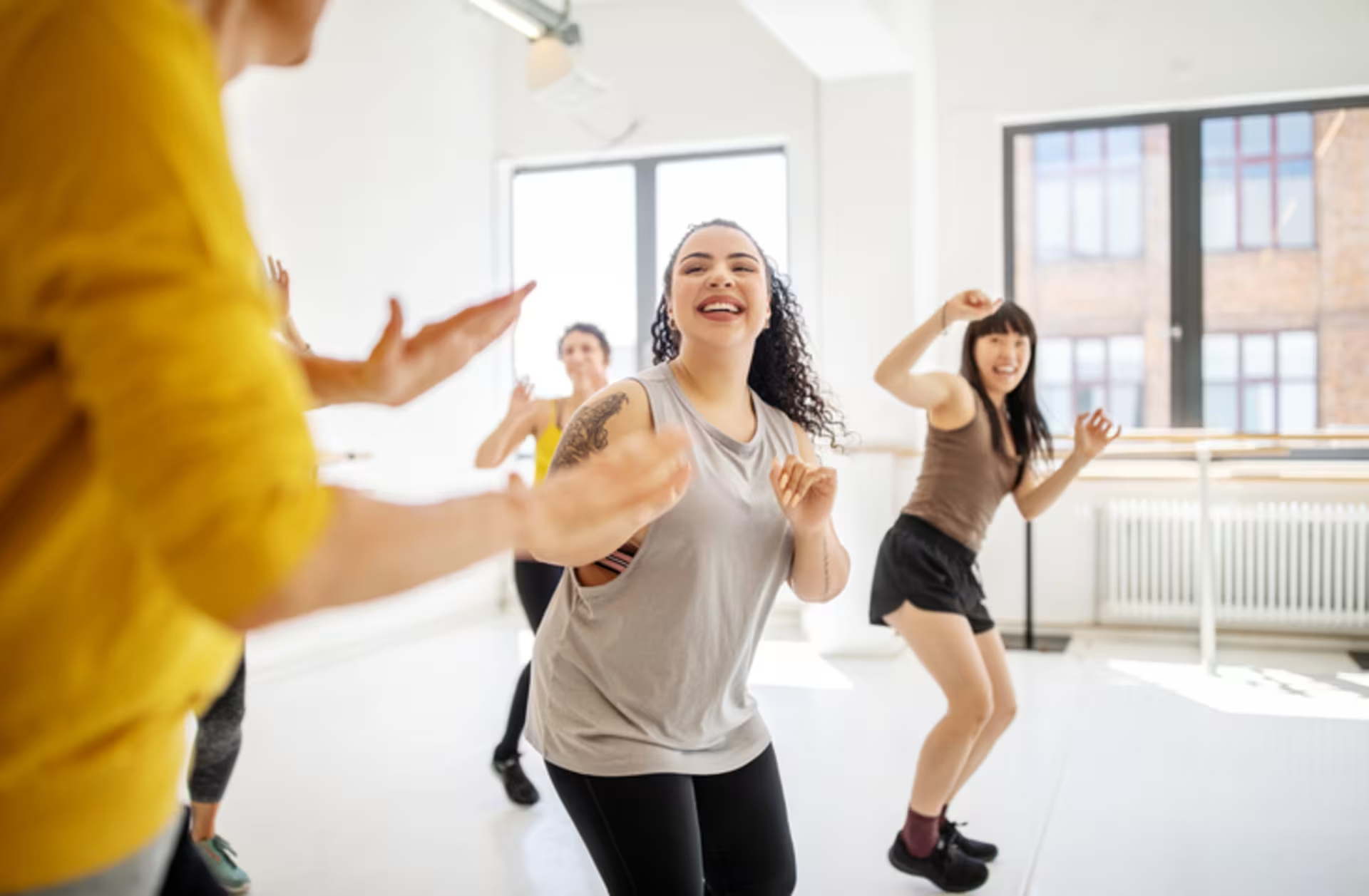To develop as a performer, it is essential to strive for growth and improvement. Dedicated practice can help you master your art, whether it be as a dancer, musician or actor.
Ways to Grow in the Performing Arts
For musicians, actors or dancers exploring their field, there are multiple ways to learn something new, push past boundaries, discover a passion and continue to improve their craft. Growth can look different and take on various forms depending on your interests, and there are many avenues for expanding your skills and knowledge.
Explore and Learn
Growth often develops from trying a different technique or acquiring new knowledge. Progress in the performing arts also depends on a willingness to expand your perspective and be adventurous. Some ways to do this include the following:
Watch a Variety of Performances
Watching performances by a wide range of artists is an effective means of exploring your art. With modern streaming technology, finding a diverse selection of music and performances produced by artists with vastly different styles is relatively easy. By observing such diverse work, performers can encounter fresh approaches, learn about various styles, appreciate the talent of other artists and develop new ideas for their own work.
Listening to music can inspire musicians to write music, if they so choose, or to experiment with different ways of playing existing music. Actors can draw interpretive and technical inspiration from performances. For dancers, watching performances may inspire ideas for choreography.
Learn Different Genres and Styles
Although watching performances is a good start, applying lessons from them is even more important to developing as a performer. Some musicians may develop in one or two genres of music while leaving others untouched. Exploration might take the form of trying out other musical genres. For example, a classical pianist might learn a pop song or dabble in jazz. Such exploration can help musicians discover which genres they like best and want to focus on. It can also influence their approach to a familiar genre.
The same is true for dancers and actors. Actors can learn from watching various types of theater productions. Dancers can learn about different styles of dance. This varied exposure and experimentation helps performers of all kinds integrate different styles and methods into their work.
Leave the Comfort Zone
Most people have a comfort zone that they are reluctant to leave. This could be because it is familiar or because new experiences and undertakings are daunting at times. For performers, leaving their comfort zones can be a good decision. Whether it be in writing music, playing an instrument or applying for a performance-related job, leaving one’s comfort zone can be a first step toward greatness as a performing artist. It can lead to new insights, new skills, new connections, or new opportunities.
Finding Passion
Finding your passion is an important part of growing as a performer, allowing you to channel more of your time and energy into what you most love to do. There are various ways to find and feed your excitement:
Performing Arts Degree Options
A performing arts degree can be of great help in launching a successful career as a performer. Skills, experience, connections and many other benefits of a performing arts degree prepare students to perform better and find careers that interest them in their field.
Dance Education
A dance education can help dancers improve their performance and become more well-rounded in their knowledge. A Bachelor of Arts in Dance program can teach dancers many aspects of their art and how to apply their newfound awareness to a performing career. Classes in this program focus on various styles of dance and beneficial techniques for performing in the dance world.
Drama Education
For those interested in drama performance, a Bachelor of Arts in Drama and Theatre is a worthwhile option to consider. This program helps students become better performers and prepares them for a career that may include acting on stage or screen. The program also offers courses that could lead to a career as a director.
Music Education
Musicians have many educational options, depending on the instrument and type of music that call to them. To name a few choices, some musicians may be interested in a Bachelor of Arts in Music with an Emphasis in Instrumental Performance, while other students may prefer to specialize in worship arts or voice performance.
Grand Canyon University has Performing Arts and Digital Arts degree programs to fuel your passion and help you improve as a performer. If you are interested in discovering more about these degree offerings, click on the Request Info button at the top of your screen.




.jpg)

